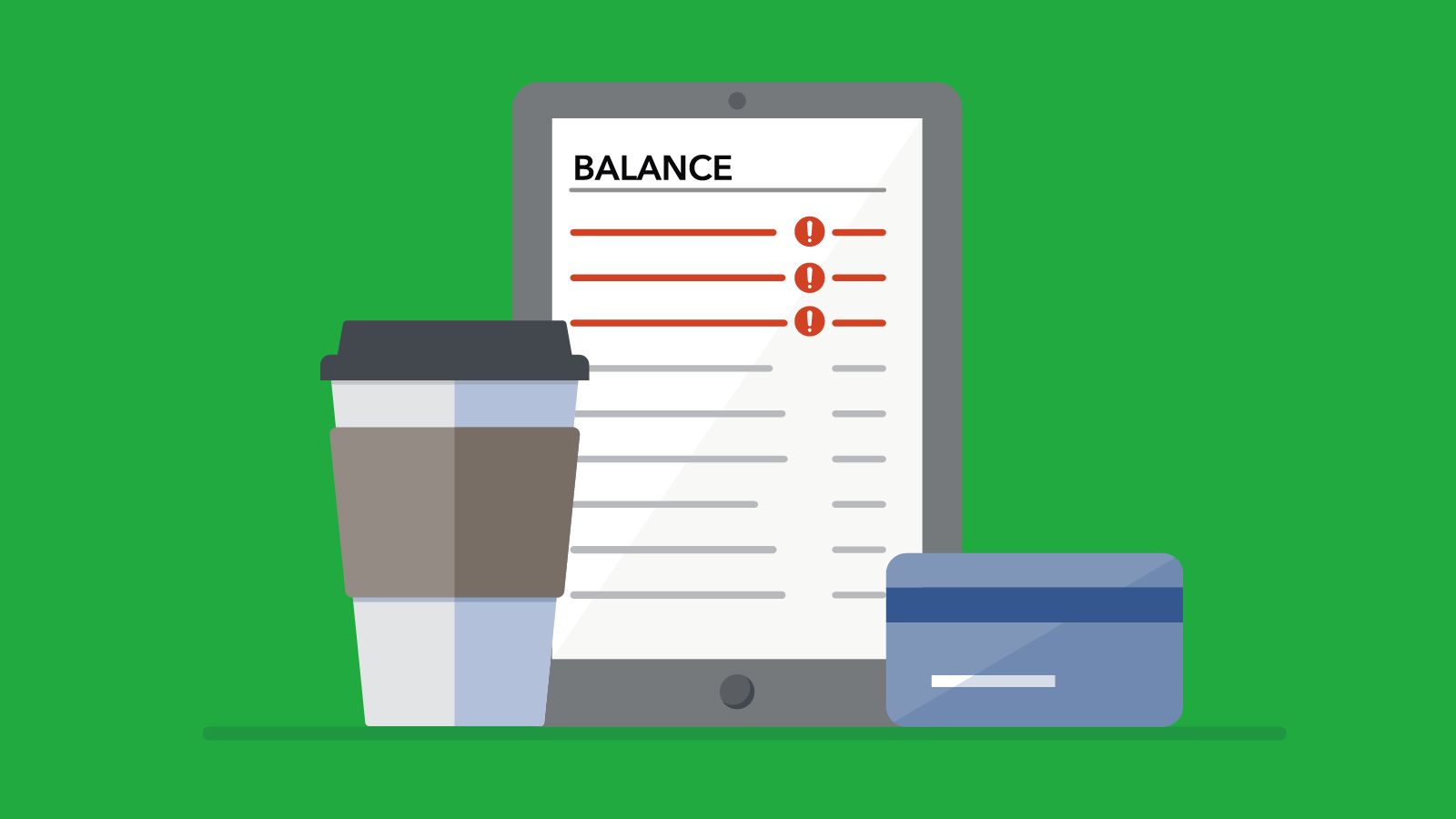You might not know this about overdraft fees
Did your bank sell you on the idea that it’s embarrassing for you to have your debit card declined for a $3 cup of coffee, and that you should pay them $35 each time for “overdraft protection”? Those big fees are what’s embarrassing. Unless you say yes to allow fees, you cannot be charged for over-drafting your debit card.
Did your bank sell you on the idea that it’s embarrassing for you to have your debit card declined for a $3 cup of coffee, and that you should pay them $35 each time for “overdraft protection”? Those big fees are what’s embarrassing. Unless you say yes to allow fees, you cannot be charged for over-drafting your debit card.
You don’t have to decline so-called standard overdraft protection on your debit card when you open a new bank account – you actually have to opt-in. When you open a bank account, you need to designate that you want this service provided so that every time your account dips below zero, they forward you the money for a fee. If you do nothing, the bank cannot charge you a “courtesy” overdraft fee of $35 for a $3 coffee. Your card will simply be declined and you can pay cash.
But check your statement for these overdraft charges. It’s good for them –- not you -– to pay $38 for a cup of coffee. The nation’s big consumer banks collected about $11 billion in overdraft fees last year, which accounted for eight percent of their profits, according to a report by the Consumer Financial Protection Bureau (CFPB).
Watch out that the bank didn’t trick you into signing up for “standard overdraft protection.” While regulations passed in 2010 require banks to give customers a choice of whether to incur overdraft fees or have a transaction declined, overdraft practices are still rife with confusing terms and hidden costs.
Banks pay bonuses (or at least maintain so-called performance standards) to front-line staff that require them to convince a certain number of new account applicants to opt-in. Consumers don’t have to do anything to have the default be that their cards are automatically declined instead of being charged overdraft fees.
More than one third of the “heavy” overdraft users are in their late teens through early thirties, according to a new study from Pew. “Heavy” users pay $100 or more in fees in one year. “Younger consumers, including those on college campuses, may be more vulnerable to overdraft fees because many are managing their finances independently for the first time,” said Christine Lindstrom, director of the higher education program of U.S. PIRG.

CFPB is on the case: Four ways to avoid overdraft fees
We’re glad that the CFPB is working to better monitor and understand overdraft programs in the market and the consumer experience. The banks are able to make so much money because they market this service so well – and this is where we need the CFPB to investigate and act.
Here are some tips from the CFPB to reduce or avoid overdraft and non-sufficient funds (NSF fees):
- Don’t “opt-in” to debit card-based overdraft: your bank or credit union can’t charge you a fee for an overdraft with your debit card or at an ATM unless you “opt-in” to overdraft coverage for these transactions.
- Link your checking account to a savings or money market account at your bank or credit union: if you run out of money in your checking account, the bank will pull money from the account you’ve linked it to when needed to cover new transactions. Note that many institutions charge fees for sweeping funds from a linked account but those fees are generally lower than per item fees for overdrafts or NSFs.
- Track your balance as carefully as you can, and if your bank or credit union offers them, sign up for low balance alerts to know when you’re at risk of overdrawing your account.
- Switch to a checking or prepaid account that does not authorize overdrafts. Note that some accounts that do not authorize overdrafts still charge NSF fees for returned checks and electronic (ACH) payment attempts.
Topics
Authors
Kathryn Lee
Find Out More

Apple AirPods are designed to die: Here’s what you should know

New report reveals widespread presence of plastic chemicals in our food

Consumers call on Meta to protect kids’ safety in Quest virtual reality

